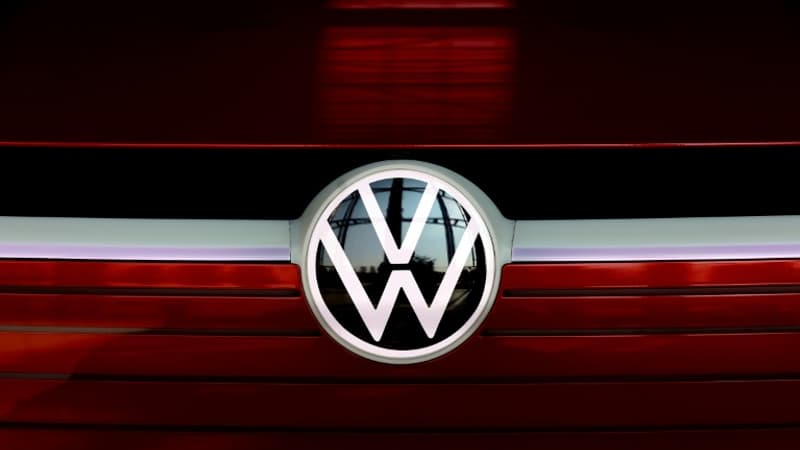Almost 8 years after its outbreak, will dieselgate finally lead to compensation for the owners of the affected vehicles in France?
In fact, the case of tampered diesel engines had arisen in 2015 in the United States, initially involving Volkswagen. But, later, other manufacturers were also implicated for having misrepresented the real emissions of their vehicles, such as the Renault and Stellantis groups (results of the merger between FCA and PSA).
If Volkswagen has already paid billions of dollars in fines and compensation in the United States since 2020, they have also resulted in proceedings in Europe, Germany or England. In France, an individual had obtained the first conviction of the German group in 2021, but the proceedings have since been referred to the Bordeaux Court of Appeal.
No upfront fees
But it is perhaps on the side of the companies that a procedure could lead to a significant wave of compensation. The Brandeis Paris office, a firm specializing in litigation with large economic interests, launches the first class action financed in France within the framework of dieselgate. A legal action that follows the indictment of Volkswagen, Stellantis and Renault in the spring of 2021 for the crime of aggravated deception.
First step, identify the affected companies and the number of vehicles entitled to compensation. For plaintiffs, no costs to pay: The class action lawsuit is fully funded by London-based litigation finance firm Bench Walk Advisors. In case of judicial victory, you will recover a commission of around 30% on the damages obtained, but you run the risk that the procedure fails.
“It is estimated that there would be 3.6 million vehicles affected in France: 900,000 from the Renault group, including Dacia, 900,000 from the Volkswagen group and its various brands and 1.8 million from PSA (Peugeot, Citroën, DS and Opel),” he explains. Marc Barennes, lawyer and founding partner of the Brandeis Paris office.
Between 2,000 and 3,000 euros of compensation per vehicle
Companies that owned these vehicles between 2009 and 2019 (between 2009 and 2015 for Volkswagen group models) are invited to contact the Brandeis Paris office, which will check on a case-by-case basis and expect to obtain between 2,000 and 3,000 euros of compensation. by model.
“Several companies that have contacted us have fleets of more than 5,000 vehicles”, underlines Marc Barennes.
For a fleet of this size, the compensation could range between 10 and 15 million euros. Not to mention the fact that over the course of 10 years, a company may have had a makeover.
“With a fleet rotation every 3 to 5 years and taking into account the period, a company that has a fleet of 3,000 vehicles could have a total of 6,000 affected”, continues Marc Barennes.
For the lawyer, there is no minimum number of vehicles, but it is the fleets of 50 vehicles or more that can find some interest there, with compensation of between 100,000 and 150,000 euros.
As for the deadlines, the Brandeis firm recommends contacting him in the coming weeks, since the constitution of the file may take some time, especially for the largest fleets.
“It is still ideal to complete the file within 6 months to be able to constitute a civil party in the criminal process in progress and that they can rely on the evidence collected by the investigating judges to establish the crime and its damages. The civil compensation will be pronounced as a result of the criminal decision”, specifies Marc Barennes.
Then we will have to be patient, with a long procedure and a judicial sentence that could fall in 2025, or even in 2026.
Hope also for private owners?
The class action lawsuit seeks to recover damages for two injuries. First, the moral and reputational damage, “linked to the negative environmental and human impact of these vehicles” that emitted more pollutants than announced. But also material damage, with a price higher than what should have been paid “if the company had not been deceived about the qualities and benefits of the vehicle”, whether in purchase, rental or leasing.
Private drivers who have been trained as part of the procedure carried out by the CLCV association could, according to Marc Barennes, “also benefit from the progress of this collective action carried out for companies”.
Source: BFM TV


